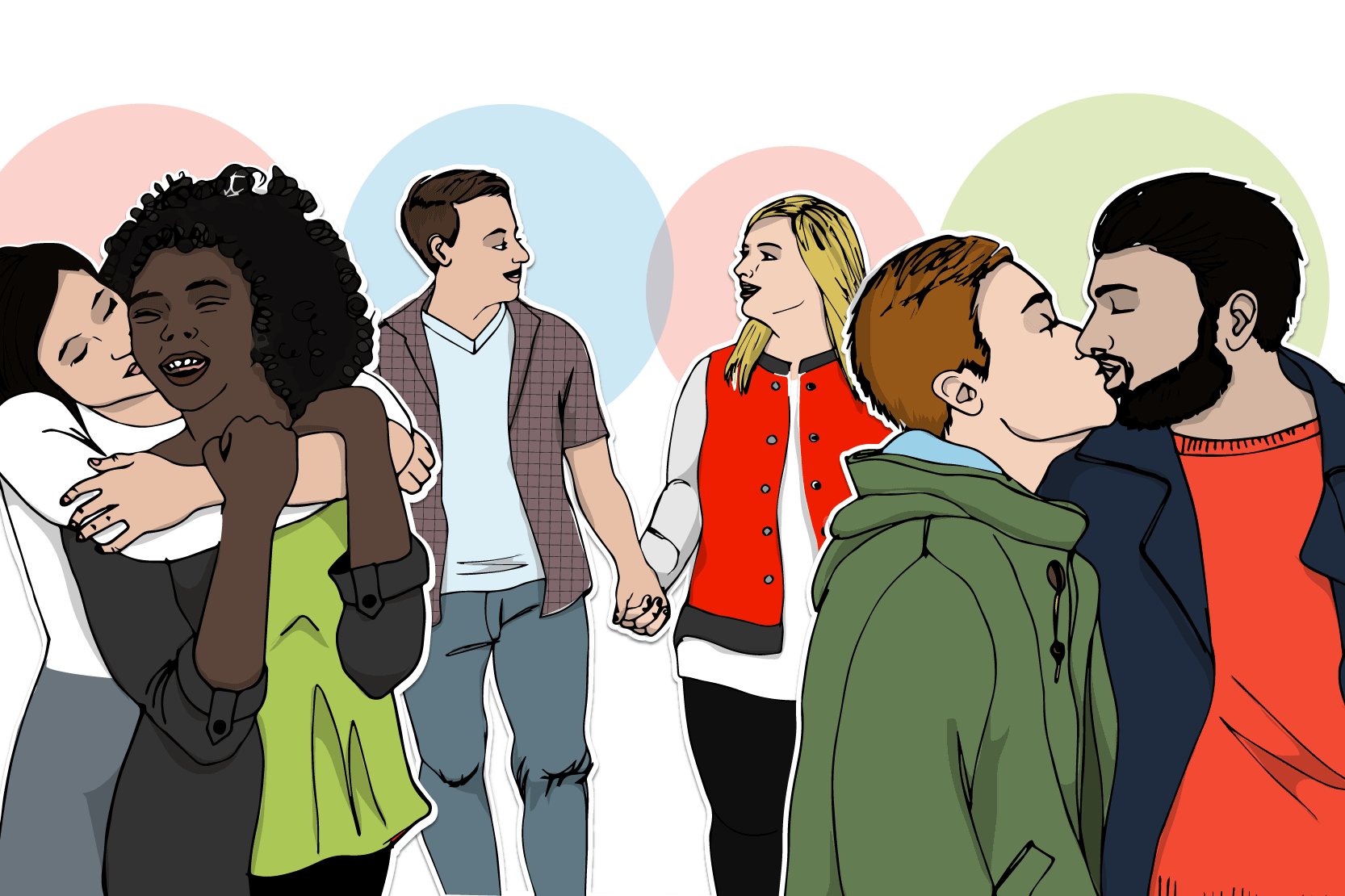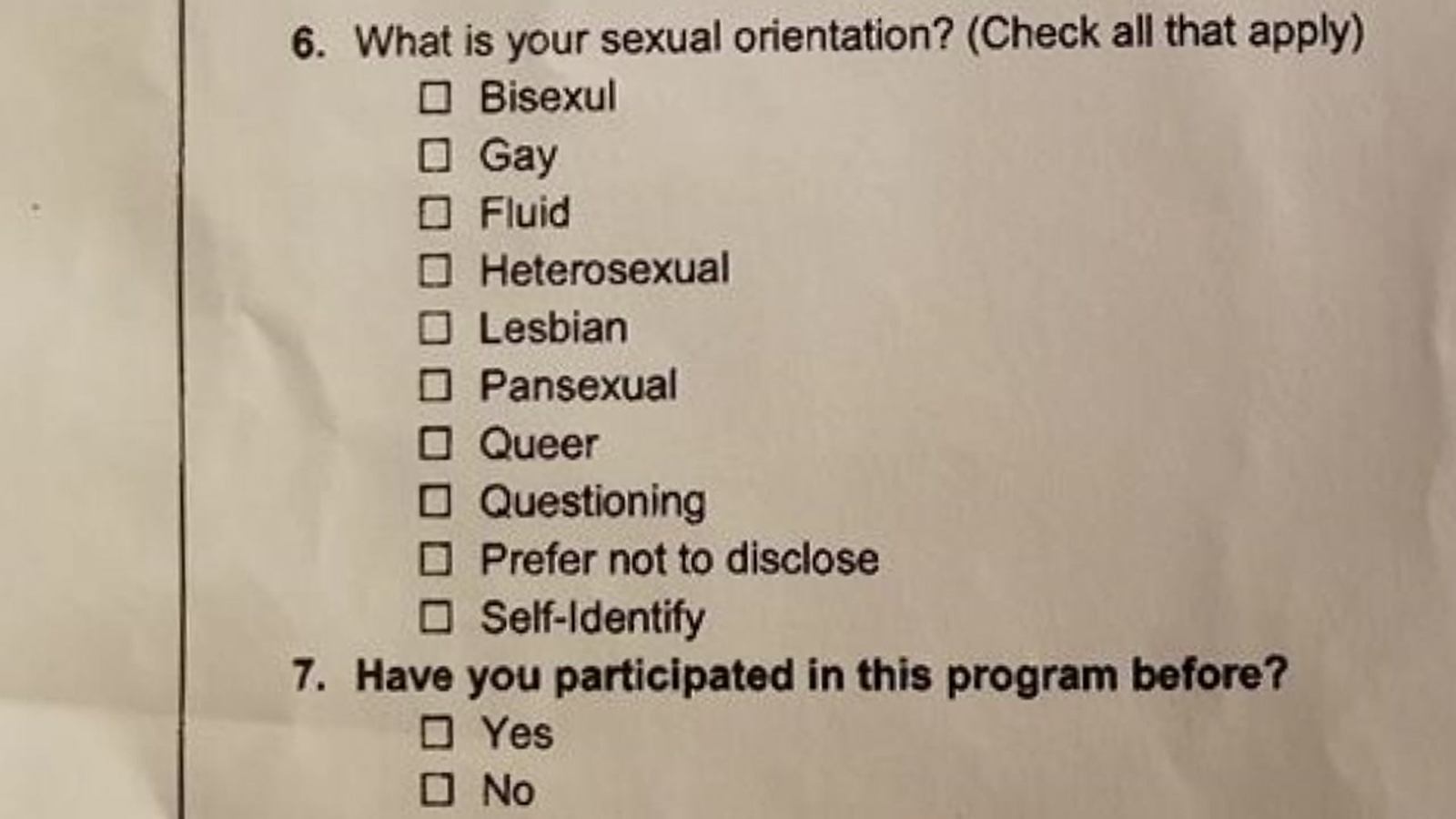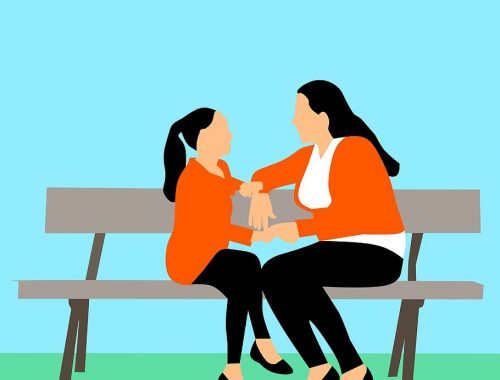
Is Sexual Orientation Pre-Determined or Developed?
If you’ve ever asked yourself the above question, you will probably receive one of two responses:
Yes, people choose to be gay. They are making an immoral choice, which government should discourage. Or – no, sexual preference is biologically determined. Government should protect gay people from discrimination because homosexuality is an unalterable aspect of their identity.
These two answers have something in common: With both of them, the science conveniently supports the moral decision. But, what if neither answer is right?
Perhaps sexual preference can be changed – and people have the right to engage in gay sex and have homosexual relationships if they choose to do so. (The fourth option, that gay people have no choice but to be gay, but should be punished for it anyway, is morally unthinkable.)
What Does Science Tell Us About Sexual Preference?
We know, from many twin and adoption studies, that sexual preference has a genetic component. A gay man is more likely than a straight man to have a (biological) gay brother; lesbians are more likely than straight women to have gay sisters.
In 1993, a study published in the journal Science showed that families with two homosexual brothers were very likely to have certain genetic markers on a region of the X chromosome known as Xq28. This led to media headlines about the possibility of the existence of a “gay gene” and discussions about the ethics of aborting a “gay” fetus. There have also been headlines about an “alcoholism gene”, which makes people become alcoholics, and a “warrior gene”, which makes people unusually aggressive.
Genes can’t control behaviour completely, though. Genes regulate the production of amino acids, which combine to form proteins. The existence or absence of a protein can have an effect on things like alcohol tolerance or mood. Affecting something is not the same as having complete control over it. Environment, like genetics, plays an important role in how our behavior develops.
For instance: alcoholism runs in families not only because there is a genetic component to alcoholism, but also because children learn how to cope with stress by watching how their parents and their older siblings behave in stressful situations. If you come from a culture where alcohol consumption is forbidden, it will be difficult for you to become an alcoholic, no matter how your body metabolizes alcohol.

There are factors besides a “warrior gene” that contribute to aggression. Children learn to behave aggressively when they witness aggression being rewarded. If you grew up in a family or as part of a culture where aggression was not well accepted, you would be less likely to be aggressive. You would learn, from an early age, how to control your aggressive tendencies.
In the same way, your environment affects your sexual and romantic relationships. Throughout history, marriages have been influenced by family relations and by economic needs. People adhere to the cultural constraints of monogamy despite being attracted to people other than their spouses.
Your environment can also affect your views on homosexuality. In some societies, homosexuality is accepted, in others, it is frowned upon but tolerated, in yet others, it is a serious criminal offence, possibly punishable by death. Male homosexual behaviour was expected in ancient Athens. Today, ritual male homosexuality plays an important role in some cultures in New Guinea.
Your upbringing can influence what you find desirable and what you find repulsive. Most Americans would probably be nauseated if they learned that, when they thought they had been eating beef, they were, in fact, eating dog, even though there is nothing inherently unhealthy about dog meat.
What you have learned about homosexuality as you were growing up will affect whether you consider engaging in homosexual acts to be desirable or disgusting. Some people might argue that if you are “genetically gay” but the thought of homosexuality nauseates you, then you just haven’t accepted the fact that you really are gay. That argument is based on the assumption that sexual preference is purely biological; therefore, it has no place in a discussion about the possible causes of homosexuality.

Can Sexual Preference Be Changed?
Even if gay people can never stop being attracted to members of the same sex, they can learn not to act on their desires. People have already learned to stop smoking, to give up certain foods, and not cheat on their husbands or wives.
If sexual preference can be altered, then people who support gay rights can’t rely on the argument that gay people should be protected from discrimination because gay people have no choice but to be gay – an argument that seems like an apology for homosexuality, as if homosexuality is a disease for which there is no cure.
There is an element of homophobia in that argument– the implication that gay people would become straight, if only they could. Supporting gay marriage becomes equivalent to supporting the construction of wheelchair ramps. The “gays can’t help being that way” approach is reminiscent of the old view of homosexuality as a psychiatric illness. You don’t have to defend a controversial action by arguing that you have no control over your behaviour. In fact, when you do so, you reinforce the belief that your behaviour is undesirable.
Nobody has to prove that biology forces them to vote for a particular political party, practice a certain religion or follow a particular diet.
Just as gay people who are happy as they are should not be forced to change their sexual orientation, gay people who want to be straight should have the right to change if they can – and the correct word is “change” – not “cure”. It might make these critics unhappy to hear this, but that’s not how science works.
You May Also Like

Why Do You Need Psychotherapy In Your Life?
2022-08-11
Understanding Psychological Disorders
2021-10-20

